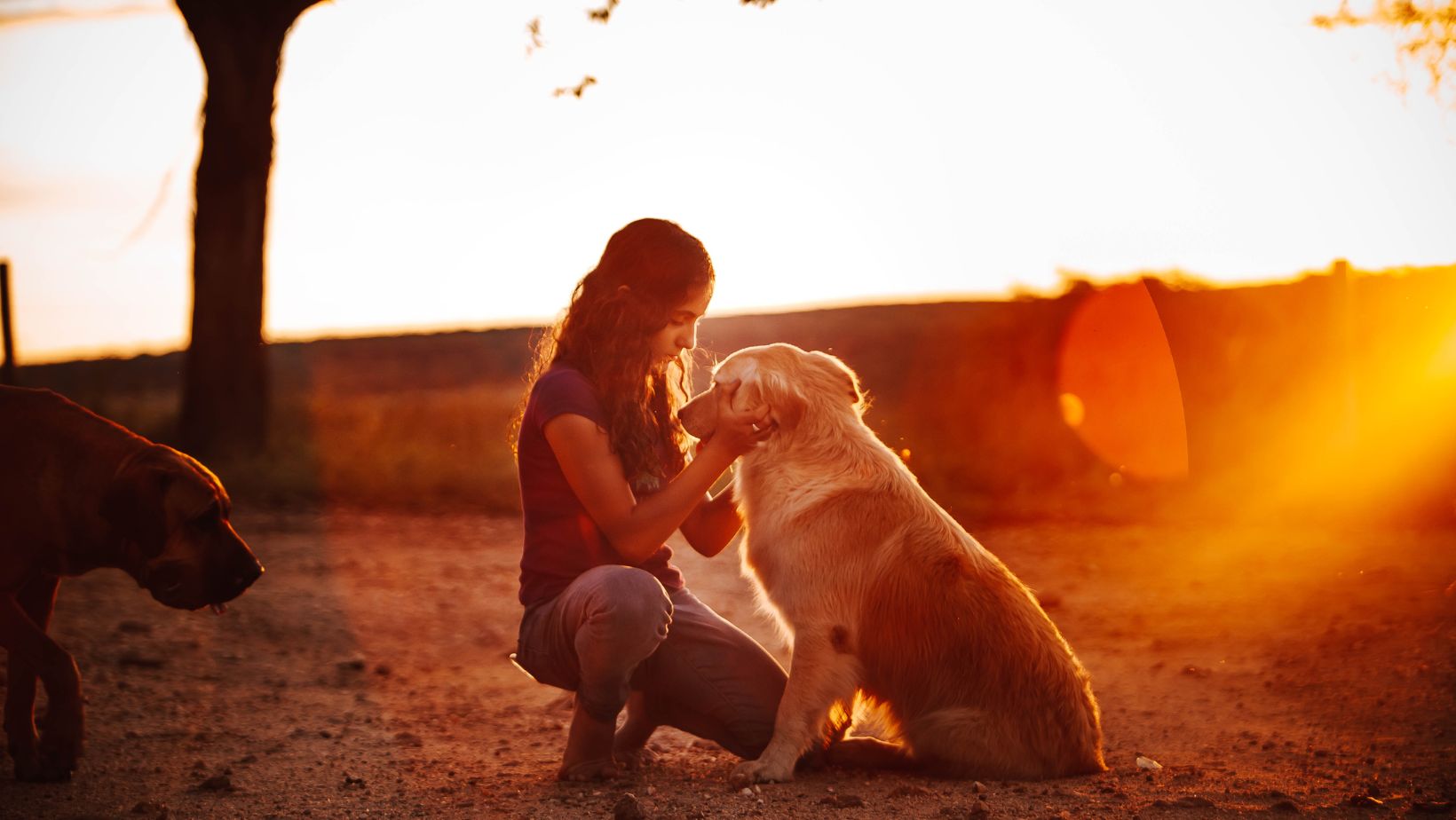 Raccoons are increasingly popular as exotic pets due to their intelligence and playful nature. Known for their dexterous paws and curious behavior, raccoons often captivate potential pet owners. Challenges arise with their care, as raccoons require extensive enrichment to avoid behavioral problems. It’s essential for owners to provide a suitable environment that mimics their natural habitat. In captivity, raccoons demand a varied diet, including fruits, vegetables, and proteins, to maintain health. Veterinary care is crucial as raccoons are susceptible to diseases like parvovirus and rabies. Socialization enhances their adaptability to domestic settings but can become problematic without proper boundaries.
Raccoons are increasingly popular as exotic pets due to their intelligence and playful nature. Known for their dexterous paws and curious behavior, raccoons often captivate potential pet owners. Challenges arise with their care, as raccoons require extensive enrichment to avoid behavioral problems. It’s essential for owners to provide a suitable environment that mimics their natural habitat. In captivity, raccoons demand a varied diet, including fruits, vegetables, and proteins, to maintain health. Veterinary care is crucial as raccoons are susceptible to diseases like parvovirus and rabies. Socialization enhances their adaptability to domestic settings but can become problematic without proper boundaries.
Which States Allow Raccoons as Pets
State laws significantly impact raccoon ownership, emphasizing the importance of understanding local regulations. While some states permit raccoon pets with appropriate permits, others enforce strict prohibitions. Prospective owners should consult state wildlife agencies for guidance on ownership and care requirements. Owning a raccoon as a pet involves navigating various legal considerations. Responsibilities extend beyond care to understanding and complying with federal and state regulations. Although no specific federal laws regulate raccoon ownership, certain wildlife acts impact their legality. The Lacey Act addresses interstate transport of wildlife, and owners must ensure compliance when moving raccoons across state lines. The Centers for Disease Control and Prevention (CDC) regulate certain animal diseases, requiring adherence to public health guidelines.
Laws governing raccoon ownership vary widely by state. In states like Wisconsin and Virginia, raccoon ownership is permitted but subject to specific licensing requirements. Conversely, states such as California and New York prohibit keeping raccoons as pets due to wildlife conservation concerns. Prospective owners should contact state wildlife agencies to understand permits and conditions for ownership.
States That Allow Raccoons As Pets
Which States Allow Raccoons as Pets? Raccoon ownership laws vary widely across the United States. Some states permit ownership with little to no restrictions, while others impose strict regulations or completely ban them. Several states permit raccoon ownership with relatively few restrictions. South Carolina, Wyoming, and Nebraska allow raccoons as pets without special permits. Owners must still ensure they provide adequate care and follow general wildlife welfare standards to maintain the well-being of the raccoons.
Some states enforce partial restrictions or require permits for raccoon ownership. States like Florida, Indiana, and Ohio allow raccoon pets but mandate specific conditions. Owners in these states might need to acquire permits, adhere to housing and care standards, and maintain regular veterinary check-ups.
Certain states enforce total bans on owning raccoons as pets. California, New York, and Hawaii prohibit raccoon ownership due to risks related to disease transmission and ecological impacts. Residents face penalties if they attempt to keep raccoons as pets, reflecting the serious nature of these bans.
Responsibilities Of Raccoon Ownership
Which States Allow Raccoons as Pets? Responsible raccoon ownership involves understanding their unique needs and providing a suitable environment for their well-being. Raccoons require a spacious and secure habitat to thrive. Enclosures should measure at least 8×8 feet to allow ample room for exploration and play. Outside their enclosures, raccoons benefit from additional space filled with climbing structures and safe toys. Proper sheltering prevents escape and ensures safety. Ventilation and protection from extreme weather are crucial for raccoon health. For indoor and outdoor enclosures, owners should maintain a separate area to avoid mess and damage to personal property.
A balanced diet, mimicking their wild consumption of fruits, vegetables, and proteins, ensures raccoon health. Commercially available raccoon feeds can supplement this diet, but fresh foods remain essential. Clean water must always be accessible. Health monitoring involves regular veterinary visits, vaccinations, especially against rabies, and preventive treatments for parasites. Grooming, though minimal, includes occasional baths and nail trimming to maintain hygiene. Behavioral enrichment can deter boredom and aggression, enhancing overall well-being.
Raccoon ownership is a complex endeavor that requires thorough understanding of both legal and care-related responsibilities. Prospective owners must navigate varying state laws and consider the significant time and financial commitments involved. While raccoons can be charming and intelligent companions, they demand a secure environment, balanced diet, and regular veterinary care to thrive. Understanding the potential risks and legal liabilities is crucial for ensuring a harmonious and lawful pet ownership experience. Staying informed about evolving regulations and maintaining open communication with local wildlife agencies can help prospective raccoon owners make informed decisions.